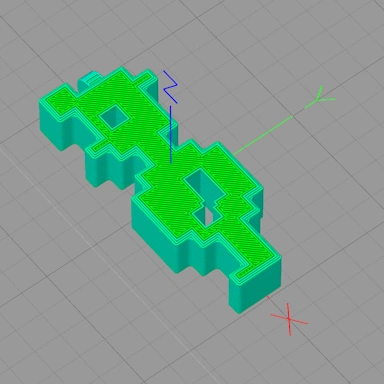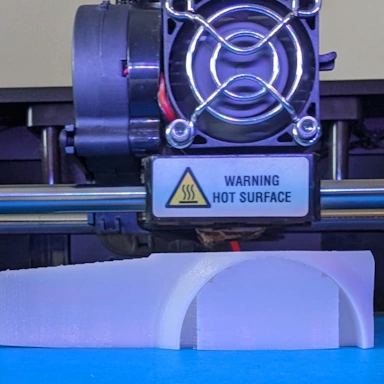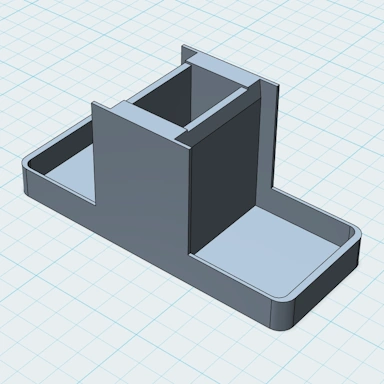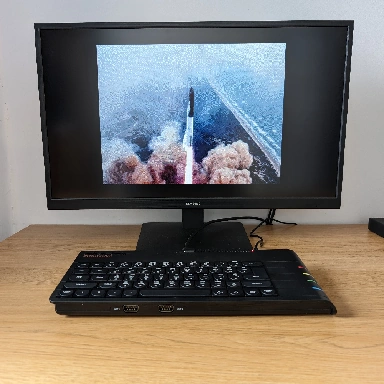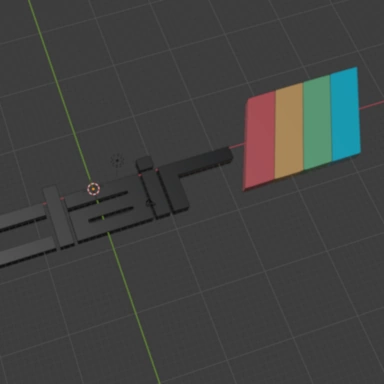| Full Name | G-code |
| Extension | GCODE |
| Type | 3D Model/Point Cloud |
| Mime Type | text/plain |
| Format | Text |
The GCODE format is a file format mainly associated with 3D printers and CNC machines. These files contain low-level instructions to control these machines; for example, in a 3D printer, these instructions move the print head, adjust the height of the print bed, and control the speed at which the plastic is extruded from the print head.
These GCODE files are created by Slicer software, which takes 3D model files, often in the STL or 3MF format, and converts these models into the low-level instructions present in the GCODE file.
GCODE Converter Capabilities
As the GCODE format currently does not support the use of material colors when used by tool, your converted model will contain only the mesh geometry, material colors will not be transferred to your converted file.
| Full Name | Graphics Language Transmission Format |
| Extension | GLB |
| Type | 3D Model |
| Mime Type | model/gltf-binary |
| Format | Binary |
The Khronos Group developed GLB files as a format for storing complex 3D models. The format was first introduced in 2015 and aimed to create a format that could be easily adopted by third-party developers. Subsequent versions have followed this initial release, adding more complex features.
Support for GLB files is growing and has found support in many modern 3D model editors, such as Blender, which currently supports importing from and exporting to the GLB format.
Mesh Geometry
At the heart of the GLB format is its ability to store 3D geometric mesh data, which comprises vertices, faces, normals (both face and vertex normals), and texture coordinates. The data is saved in a compact binary format, ensuring GLB files are compact and easy to distribute.
GLB Converter Capabilities
As the GLB format currently does not support the use of material colors in 3D models when created using our tool, your converted model will contain only the mesh geometry, material colors will not be transferred to your converted GLB file.

